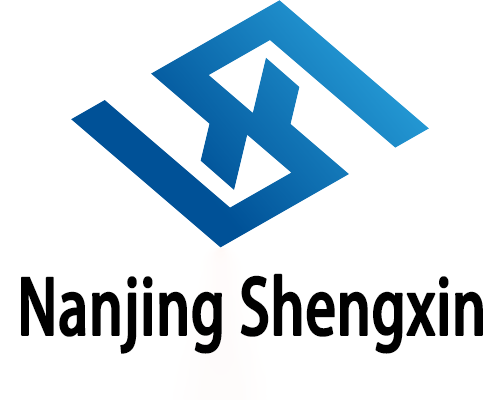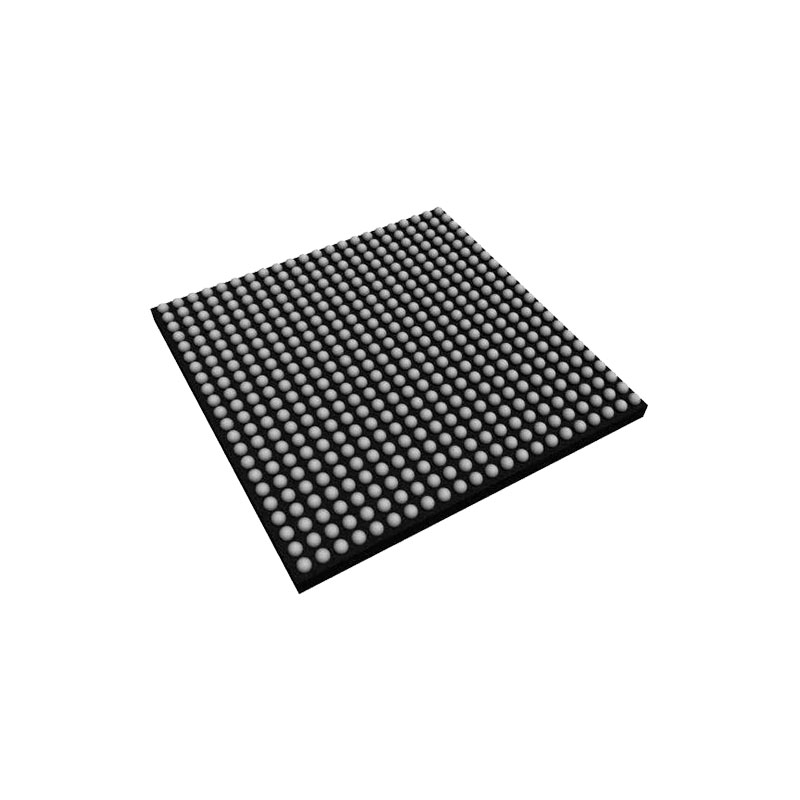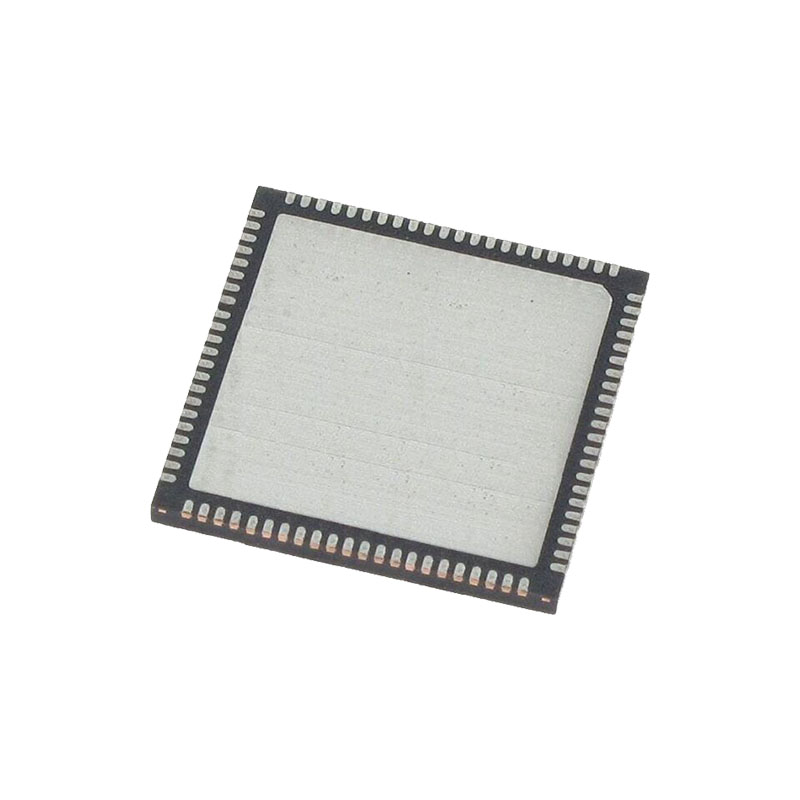The world of electronics is constantly evolving, and one of the key drivers of innovation is the development of integrated circuits (ICs). Among the prominent players in the integrated circuit market is Analog Devices, Inc. (ADI), a company renowned for its cutting-edge analog, mixed-signal, and digital signal processing (DSP) ICs. ADI integrated circuits have become essential in a variety of sectors, including automotive, industrial automation, telecommunications, and consumer electronics. As we look to the future, it is clear that ADI’s innovations in IC technology will continue to play a pivotal role in shaping industries and advancing new technologies.
The Increasing Demand for High-Performance Integrated Circuits
The future of ADI integrated circuits is closely tied to the increasing demand for high-performance ICs across industries. As devices become more sophisticated and consumer expectations for reliability, speed, and connectivity continue to rise, the need for more powerful and efficient ICs has never been greater. Integrated circuits must meet the challenges posed by emerging technologies such as the Internet of Things (IoT), autonomous vehicles, 5G connectivity, and artificial intelligence (AI).
To remain competitive, ADI is focusing on developing ICs that offer higher processing power, lower power consumption, and enhanced reliability. These advancements will ensure that ADI’s products can meet the demands of next-generation applications, from real-time data processing to ultra-low-latency communications.
Key Trends Shaping the Future of ADI Integrated Circuits
Several key trends are shaping the future of ADI integrated circuits. These trends highlight the company’s ongoing commitment to innovation and the strategic directions in which ADI is focusing its research and development efforts:
a) Integration of Analog and Digital Technologies
As electronic devices become more complex, there is an increasing need for ICs that can seamlessly integrate both analog and digital functionalities. ADI has been a leader in the development of mixed-signal ICs that combine the best of both worlds. These integrated circuits help solve complex design challenges by offering more compact, efficient solutions for applications in areas like communications, automotive, and industrial automation.
The future will see even more advanced hybrid ICs, where the integration of analog, digital, and power management technologies enables superior performance with lower costs and reduced space requirements. This trend will drive the next wave of innovation in systems-on-chip (SoCs) for diverse industries.
b) The Rise of Edge Computing
Edge computing, where data processing occurs closer to the source of data generation rather than in centralized cloud data centers, is gaining momentum. ADI’s integrated circuits play a critical role in supporting this shift by enabling low-power, high-performance processing at the edge.
The future of ADI ICs will likely include more sophisticated processors designed to handle the data processing needs of edge devices. This includes supporting AI and machine learning models at the edge, reducing latency, and improving real-time decision-making in applications like smart cities, autonomous vehicles, and industrial automation.
c) 5G and Beyond: Enabling Faster, More Reliable Connections
As 5G networks continue to roll out globally, ADI’s integrated circuits will be at the heart of enabling faster, more reliable communications. 5G technology promises to revolutionize industries by delivering ultra-low latency, faster download speeds, and more reliable connections for IoT devices, smart homes, healthcare, and transportation.
ADI’s solutions, such as their RF (radio frequency) ICs, data converters, and power management ICs, are crucial to the success of 5G networks. Looking ahead, ADI will continue to enhance its ICs to support not only 5G but also 6G, which will bring even faster speeds and more interconnected devices. The future of ADI ICs will focus on supporting advanced 5G features like massive MIMO (multiple-input multiple-output) antennas and millimeter-wave frequency bands.
d) Power Management and Energy Efficiency
The demand for energy-efficient technologies is another significant trend that will shape the future of ADI integrated circuits. As industries work to reduce their carbon footprint and as the demand for battery-operated devices grows, power management has become a key concern. ADI’s integrated circuits are already leading the charge in power efficiency, with products designed to reduce power consumption in applications such as consumer electronics, electric vehicles (EVs), and renewable energy systems.
The future will see even more breakthroughs in power management ICs, helping devices operate for longer periods without sacrificing performance. ADI will likely continue to focus on developing products that enable energy harvesting, extend battery life, and optimize power distribution in everything from wearable technology to grid-scale energy storage solutions.
e) AI and Machine Learning Integration
Artificial intelligence (AI) and machine learning (ML) are transforming industries across the globe, and integrated circuits play a crucial role in these technologies. ADI’s ICs are already embedded in devices that enable machine learning applications, from smart speakers to industrial robots. In the future, ADI is likely to develop even more specialized ICs designed to accelerate AI and ML processes, enabling faster, more efficient analysis and decision-making.
These advancements will likely focus on supporting low-latency, high-bandwidth AI applications that require real-time processing and feedback. The integration of AI into everyday devices, from autonomous drones to smart factories, will be powered by these cutting-edge integrated circuits, pushing the boundaries of what is possible in machine learning and deep learning.

Applications of ADI Integrated Circuits in Emerging Technologies
ADI integrated circuits will be key enablers for a wide range of emerging technologies that promise to transform industries and improve everyday life. Some of the most promising applications include:
a) Autonomous Vehicles
The automotive industry is undergoing a massive transformation with the rise of autonomous vehicles. ADI integrated circuits are already playing a role in enabling the sensors, processing units, and communication systems that autonomous vehicles require. These ICs help to process data from cameras, radar, LiDAR, and other sensors in real-time, enabling vehicles to make safe, intelligent decisions.
As the demand for fully autonomous vehicles grows, ADI will continue to innovate with ICs that enhance vehicle safety, communication, and navigation systems.
b) Healthcare and Medical Devices
The healthcare sector is another area where ADI integrated circuits are making a significant impact. With the increasing adoption of wearable devices, telemedicine, and remote patient monitoring, ADI’s ICs are enabling more accurate diagnostics and real-time health monitoring. Future ADI ICs will support the growing trend of personalized medicine, where data from wearable devices can be used to tailor treatment plans based on individual health metrics.
Additionally, ADI is likely to be a key player in advancing medical imaging, diagnostics, and therapeutic devices by providing high-precision ICs that ensure more effective and efficient healthcare.
c) Smart Cities and Industrial Automation
The development of smart cities and advanced industrial automation systems will also drive demand for ADI integrated circuits. These circuits are critical for supporting the connectivity, sensors, and control systems that enable the Internet of Things (IoT) to thrive. Whether it’s smart traffic management, energy-efficient buildings, or automated manufacturing lines, ADI ICs will continue to enhance the capabilities of smart infrastructure and industrial processes.
Conclusion
The future of ADI integrated circuits is poised to be marked by continuous innovation, performance enhancement, and expansion into new applications. As technologies like 5G, AI, edge computing, and IoT continue to evolve, ADI’s integrated circuits will play a central role in driving these advancements forward. With a strong focus on energy efficiency, performance, and reliability, ADI will continue to shape the future of electronics and empower industries worldwide.
As industries embrace new challenges and opportunities, ADI integrated circuits will remain at the forefront, enabling the next generation of intelligent, interconnected, and efficient systems that will define the future of technology.




